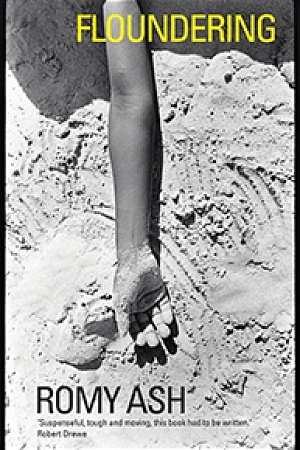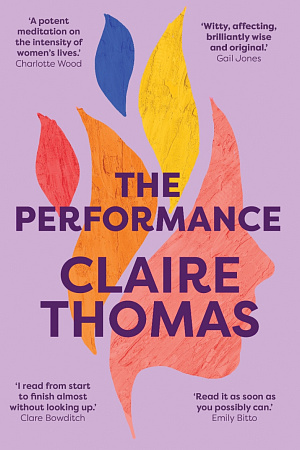Mother Tongue
Brandl & Schlesinger, $29.95 pb, 185 pp
Ripples of trauma
‘When I was three days old, a nurse … stole me from the obstetrics ward … and raised me as her own,’ the voice of Nella Gilbert Pine tells us in the compelling opening of Joyce Kornblatt’s fifth novel, Mother Tongue. This is a moving contemplation on core elements of human experience: the complex connections between mothers and daughters, what it means to love and be loved. It is also an exploration of the ripple effects of trauma, those shocking events that ‘explode’ in the unsuspecting hand, leaving trails of harm far into the future.
On one level, the novel is driven by the force of powerful narrative. A pretty young nurse, Ruth/Eve, scoops up a baby from a maternity ward in Pittsburgh, kidnapping her to another life, another lineage, on the New South Wales coast. The baby, Naomi/Nella, is taken from her shattered family, about whom she is not to learn until after her ‘mother’s’ death. Paradoxically, what transpires to be a life built on lies is one that Nella also recognises to be filled with the ordinariness of love and connection.
The story arc is both dramatic and skeletal: the abduction of a baby, the revelation half a lifetime after the fact, and its explosive consequences. Yet the apparent simplicity of this structure allows Kornblatt to delve profoundly into the nuances of lives. Is it possible to be lost if we don’t recognise ourselves to be so? What is the nature of home and human attachment – and to what extent is it connected to biology, to place, and to a continuity of stories? When trauma occurs, rending the fabric of that ‘home’, what are its signs within the bodies and minds of those involved – and is it ever possible to heal such wounds? Even more fundamentally, what ‘compels’ us, as Eve puts it, to do anything; what forces of wanting, pain, or delusion coalesce to lead to such actions?
Nested inside dramatic external narrative, the novel is a series of introspective voices: Nella, the daughter who finds herself ‘lost’; Eve’s voice in her letter of confession; Leah, the sister who was also traumatised; Deborah, the mother nearly lost to dementia, who nonetheless feels the returning presence of her lost child. This poetic weaving of voices suggests the possibility of repair, maybe even dialogue.











Leave a comment
If you are an ABR subscriber, you will need to sign in to post a comment.
If you have forgotten your sign in details, or if you receive an error message when trying to submit your comment, please email your comment (and the name of the article to which it relates) to ABR Comments. We will review your comment and, subject to approval, we will post it under your name.
Please note that all comments must be approved by ABR and comply with our Terms & Conditions.